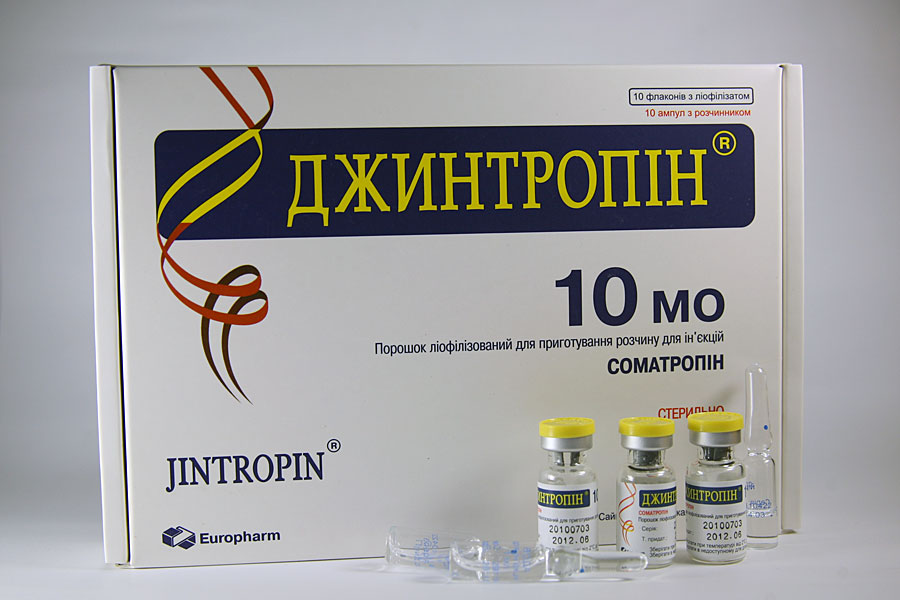
Many people seem to assume that growth hormone and testosterone are both anabolic steroids. The media has shown very little interest in distinguishing the two throughout the entire war of steroids or the steroids in baseball fiasco. (Never mind the fact that there are dozens of different steroids with differing effects and side effects within the class of anabolic steroids.) When Sylvester Stallone tried to explain that growth hormone was a completely different class of drugs than anabolic steroids, he was met with widespread disbelief if not ridicule. Never mind the fact that he was correct.
So, I have to give credit to the few journalists who “try” to explain the difference between growth hormone and anabolic steroids like testosterone e.g. The Growth Hormone Myth:
The media haven’t spent much time making a distinction between HGH and steroids. An AP story, titled “After BALCO, Another Steroid Scandal,” glosses over any differences between the two, drawing a straight line from the BALCO investigation to the busts in Florida. But Jerry Hairston isn’t Barry Bonds. Sure, both of these guys probably took banned substances in an effort to boost their stats, and both were involved in major drug busts involving large numbers of Major League players. But it’s just plain wrong to put growth hormone in the same category as anabolic steroids. In the sports version of the war on drugs, Bonds was shooting heroin while Hairston was smoking marijuana.
Hairston used growth hormone; Bonds used a variety of anabolic steroids. The author of the article makes the analogy that steroids are like heroin as growth hormone is like marijuana. The implication is that not only are they different classes of drugs, but that one (anabolic steroids) is significantly more dangerous than the other (growth hormone).
Unfortunately, this may not be true. At the very least, it is not a certainty according to experts. The anti-aging physician Karlis Ullis, M.D. who has prescribed both testosterone and growth hormone in the course of his practice suggests that growth hormone may be a riskier proposition than testosterone:
Don’t get me wrong – I still use both growth hormone and testosterone as part of overall anti-aging programs in my patients. This article is not meant to say one hormone is “good” and another is “bad”. It is just my opinion at the moment that the overall benefit/cost ratio for improving body composition is higher with testosterone than growth hormone. By cost, I mean both the monetary price – testosterone is far cheaper than growth hormone, and the side effect/safety profile – testosterone is safer than high-dose growth hormone use.
Since growth hormone is extremely expensive and perhaps riskier than testosterone, I screen patients very carefully and only recommend it to those who either have very low IGF-1 levels and fail growth hormone stimulation tests, or those who have failed to respond to testosterone or other therapies. The new research has also made me confident in encouraging more and more patients to go on testosterone. However, we must keep constant track of the new research to better refine both anti-aging and bodybuilding programs. The science of hormone supplementation is still in its infancy, and there is still a lot more questions that need to be answered.

About the author
Millard writes about anabolic steroids and performance enhancing drugs and their use and impact in sport and society. He discusses the medical and non-medical uses of anabolic-androgenic steroids while advocating a harm reduction approach to steroid education.

Leave a Reply
You must be logged in to post a comment.